In fourth entry of the history of Burkina Faso, we explored the 2014 Burkinabe Uprising. Now we conclude the uprising with the aftermath.
Compaore Resigns and Zida vs. The AU
As October ended, Compaore resigned from his position. This is after stating he was ready to step down and then saying he would stay on until a new president was elected. Of course, this was unacceptable and the military and law enforcement was having trouble holding the capital without escalating force.
Following his resignation, “Operation Mana Mana” was initiated by Mayor Simon Compaore–no relation. The goal was to clear the streets and help restore order. Since Mayor Compaore was viewed positively, the operation was seen favorably.
What didn’t get the same opinion was the following two interim presidents–both were close to Blaise Compaore. First was Honore Traore, the more senior in power of the two. He had been described by protesters as “Compaore’s henchman.”
Afterward, Prime Minister Lt. Colonel Isaac Zida made himself president for a very short period in November. He antagonized the African Union who wanted power handed over to the people in two weeks. Sanctions didn’t shake Zida and he stated that Burkina Faso had to wait for assistance or action from the AU.
According to the AU, Zida and the military swooped in on the protest to seize power in a kind of no-touch coup. If Zida didn’t hand over power, Burkina Faso would be dropped from the African Union. The Economic Community of West Africa tried to calm both sides, not wanting things to come to sanctions.
Aftermath
Francis Compaore, the president’s brother, attempted to escape the country and was detained. A transitional government was announced by the military. It was put into effect following parliament parties and the military discussing details. The transitional government would run for a year until the 2015 elections.
Fearing imprisonment for human rights violations, Blaise Compaore fled the country at the start of November. Alassane Ouattara, the President of the Ivory Coast and French president Francois Hollande assisted in Compaore’s escape and resettlement.
A statement was released by Ouattara saying that since Compaore had helped Ivory Coast in the past he was welcome in the country during the political upheaval. In short, Blaise Compaore is in well-protected self-exile.
After Lt. Colonel Zida removed from power, a transitional government took power. The election proper was to take place in November 2015. The transitional government included 90 parliament seats, a civilian president, and 25-minister positions. Because of the 2014 Burkinabe Uprising, this approach became Burkina Faso’s constitutional fail-safe in the case of another such event.
REFERENCE: http://www.aljazeera.com/news/africa/2014/11/burkina-faso-2014112114348698519.html




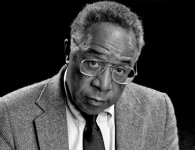
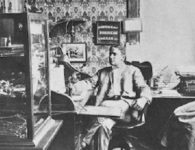


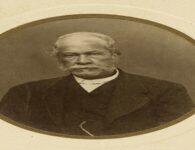




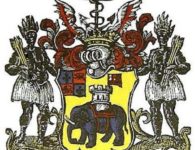




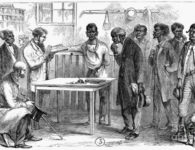

1 Comment
[…] post Burkina Faso: The 2014 Burkinabe Uprising Conclusion appeared first on Black […]